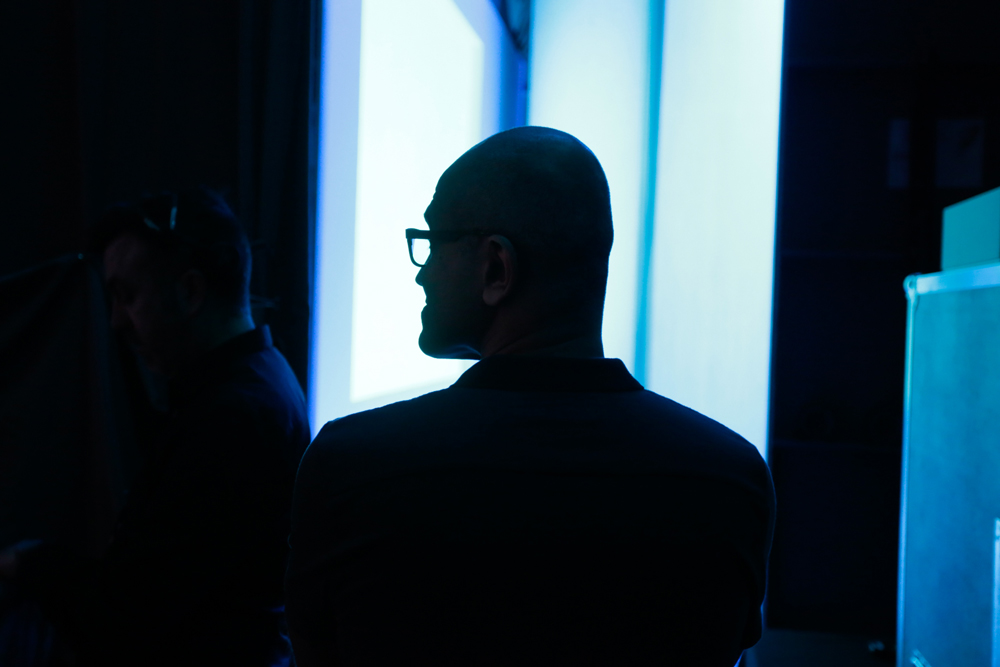

Microsoft CEO Satya Nadella
Microsoft chief executive Satya Nadella is to testify on Monday in the US Justice Department’s antitrust trial against Google, as the landmark case continues.
The government is likely to ask Nadella about the obstacles faced by Microsoft in gaining users for its Edge browser and Bing search engine in the face of Google’s dominance.
The DOJ has argued that Google unlawfully maintained its search monopoly by paying $10 billion (£8.2bn) a year to rival smartphone makers such as Apple and wireless carriers such as AT&T to continue making its search engine the default option on mobile devices and web browsers.
Google has denied the accusations.
Prosecutors are using testimony from Nadella and other Microsoft executives to bolster their argument that even a company with the resources of Microsoft was not able to challenge Google’s search dominance.
Last week Microsoft business development executive Jonathan Tinter testified that Microsoft was unable to reach a deal to put Bing on Apple devices in spite of offering far better terms than Google and being willing to lose multiple billions of dollars on the agreement.
Tinter also testified that Microsoft was obliged to use Google search as default on its own Microsoft Duo smartphone in order to license the Android mobile operating system and was limited from using Bing on those devices.
At the trial Google is arguing that its success is due not to its business practices but to the quality of its products.
Nadella was personally involved in discussing some of those issues with Google chief executive Sundar Pichai and prosecutors’ questions will probably touch on these subjects.
Nadella was also instrumental in developing Bing, which has gained share on desktop computers, due to its integration with the Internet Explorer and Edge browsers, but has had less success on mobile devices.
The Microsoft chief took over in 2014, more than a decade after Microsoft’s own antitrust trial, which began in 1998 and ended in a 2001 settlement.
That trial forced Microsoft to end some business practices and opened the way for the success of Google, which was founded in 1998.
The two companies have remained direct competitors in areas such as cloud computing and, more rcently, artificial intelligence, with Microsoft backing OpenAI and its ChatGPT chatbot, which is seen as posing a direct threat to Google’s search engine.
American space agency prepares for testing of Boeing's Starliner, to ensure it has two space…
As UK and Europe develop closer military ties, European Commission says it will invest €1.3…
Zuckerberg seeks to revive Facebook's original spirit, as Meta launches Facebook Friends tab, so users…
Notable development for Meta, after appeal against 2021 WhatsApp privacy fine is backed by advisor…
First sign of shake-up under new CEO Lip-Bu Tan? Three Intel board members confirm they…
Trump's nominee for SEC Chairman, Paul Atkins, has pledged a “rational, coherent, and principled approach”…